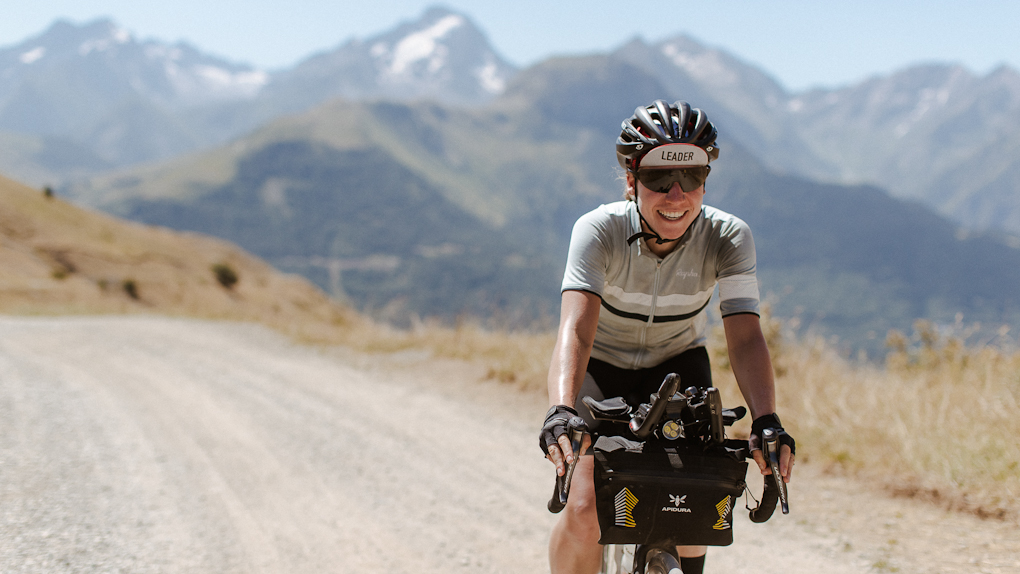Transcontinental ultra-endurance race postponed until 2022
Self-supported event crossing Europe called off for 2021 as COVID-19 pandemic causes continued travel uncertainty

The Transcontinental Race, a self-supported ultra-endurance event which crosses Europe, has been postponed for a second year as the ongoing COVID-19 pandemic continues to create uncertainty over travel across borders.
The eighth edition of the race, where riders clock up thousands of kilometres as they plan their own route through a series of checkpoints, was due to run in 2020 but the global health crises brought the planning to a halt in March. Then in 2021, it had been set to depart from the port city of Brest in France on July 27, and also included Greece and Italy, with the route mapped out to try and minimise border crossings.
That, however, wasn’t enough to see the race where the clock never stops go ahead as, after consulting with the riders, the organisers of the event, LostDot, decided that the best option was to aim for next year instead.
“We fully appreciate that postponing the race until 2022 is extremely disappointing for everyone involved, even those who feel it is the correct decision,” said the organisers in a statement. “For those of you who feel this is the wrong decision we sympathise and are extremely sorry to disappoint you.”
The Transcontinental was started in 2013 by leading light for the sport, Mike Hall, who tragically lost his life after being hit by a car in Australia over four years ago and since then his former partner Anna Haslock, supported by friends and race partners, has taken up the mantle.
The statement said there were multiple concerns over running the event with two standing out. One was “the difficulty in delivering a fair and equitable race in 2021 due to some riders requiring tests.”
A mechanism to allow those recovered from COVID-19, with a negative test result or that have been vaccinated easier movement across borders is being worked on by the European Commission, however a rider survey showed that only 40 per cent expected to be fully vaccinated by July 1.
The latest race content, interviews, features, reviews and expert buying guides, direct to your inbox!
Organisers said the second issue regarded the wisdom of holding the event during a period of uncertainty.
“The vaccine is proving successful but there remains a significant number of unknowns around new variants. There may be another spike in cases (predicted for July this year) which could change travel restrictions immediately prior/during the race causing problems for riders. We feel the race should be safeguarding our riders as best we can.”
The last edition of the race, in 2019, was won by German doctor Fiona Kolbinger who covered more than 4,000 kilometres as she worked her way from the start in Burgas, Bulgaria to the finish line in Brest. It took Kolbinger 10 days, 2 hours and 48 minutes.
The new race route and dates for the eighth edition of the Transcontinental will be released in November of 2021.
Cyclingnews is the world's leader in English-language coverage of professional cycling. Started in 1995 by University of Newcastle professor Bill Mitchell, the site was one of the first to provide breaking news and results over the internet in English. The site was purchased by Knapp Communications in 1999, and owner Gerard Knapp built it into the definitive voice of pro cycling. Since then, major publishing house Future PLC has owned the site and expanded it to include top features, news, results, photos and tech reporting. The site continues to be the most comprehensive and authoritative English voice in professional cycling.